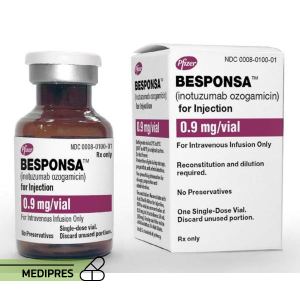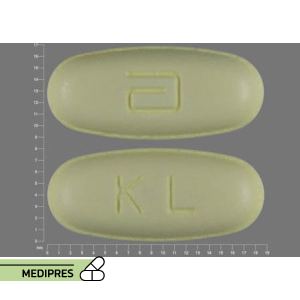
Bicalutamide
23 June, 2023
Boniva
23 June, 2023Bisoprolol
Generic name: bisoprolol [ BIS-oh-PROE-lol ]
Brand name: Zebeta
Drug class: Beta-blocker, specifically a selective β₁-adrenergic receptor blocker
Dosage form: Tablet
Route of administration: Oral
Available Dose:
- Tablets: Commonly available in 2.5 mg, 5 mg, and 10 mg doses.
Mechanism of action: Bisoprolol works by blocking the action of certain natural substances, such as epinephrine on the heart and blood vessels. This effect lowers the heart rate, blood pressure, and strain on the heart.
Drug usage cases: Bisoprolol is primarily used in the management of hypertension (high blood pressure) and is also used to treat heart failure and to prevent chest pain caused by angina. It can improve the survival rate in patients who have had a heart attack.
Drug contra indications: Contraindicated in patients with acute heart failure, cardiogenic shock, second or third-degree heart block, severe bradycardia, severe pulmonary edema, sick sinus syndrome (unless a permanent pacemaker is in place), and severe asthma or chronic obstructive pulmonary disease (COPD).
Side effects: Common side effects include fatigue, dizziness, headaches, feeling cold in the hands or feet, stomach upset, and diarrhea. Less common but more serious side effects can include breathing difficulties, heart failure worsening, and bradycardia.
Warnings: Patients transitioning from other beta-blockers should do so cautiously, and those with diabetes should be aware that bisoprolol can mask hypoglycemic symptoms. Patients undergoing major surgery requiring general anesthesia should inform their doctor about bisoprolol use.
Use during pregnancy or breastfeeding: Bisoprolol is not typically recommended during pregnancy or breastfeeding. It should only be used if clearly necessary and after careful consideration of the risks and benefits.
Bisoprolol is a valuable medication for controlling high blood pressure and treating heart-related conditions. Its selective action on β₁-adrenergic receptors makes it a preferable option for patients with respiratory risks. However, its usage needs to be carefully managed, particularly in individuals with existing cardiac conditions or those undergoing major surgeries.



